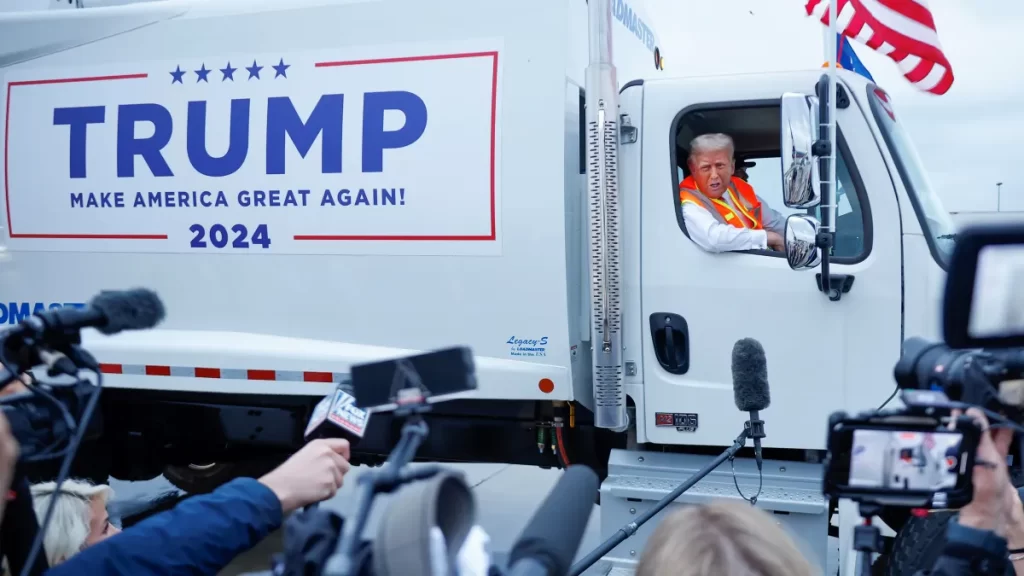Under President Donald Trump’s administration, recycling was not a top priority. The administration took a different approach to environmental issues, including recycling, compared to its predecessors. Here are the key points:
1. Environmental Policies and Recycling
The Trump administration primarily focused on economic growth and deregulation to support industries. Environmental regulations were relaxed, including those related to waste management and recycling.
2. Recycling Market Challenges
- During Trump’s tenure, the U.S. recycling market faced significant challenges after China stopped importing U.S. recyclable waste in 2018 (under the “National Sword” policy). This caused major disruptions, forcing many cities to incinerate waste instead of recycling due to rising processing costs.
- The administration did not implement strong measures to support the recycling industry’s sustainability.
3. Relaxation of Environmental Regulations
- Trump withdrew the U.S. from the Paris Agreement on climate change, indirectly affecting recycling policies by reducing commitments to pollution reduction and environmental protection.
- Many Environmental Protection Agency (EPA) regulations were rolled back, especially those related to plastic waste and industrial pollution.
4. Emphasis on Personal Responsibility Rather than Federal Policy
- The Trump administration emphasized individual and corporate responsibility in waste management rather than implementing strict federal policies.
- States and cities continued their recycling programs, but without strong federal support.
5. Support for the Oil Industry and Virgin Plastic Production
- The administration promoted the oil and gas industry, leading to increased production of virgin plastic, which reduced the demand for recycled plastic.
- As a result, recycled plastic became less competitive in price compared to virgin plastic.
Conclusion
Under President Donald Trump, recycling was not a major focus, and environmental regulations were loosened to favor businesses. The administration prioritized economic development over environmental protection measures, including recycling. Consequently, the U.S. recycling industry faced greater difficulties during this period.


Related Posts
Aluminum recycling in Vietnam: opportunities and challenges
Vietnam has Green Classification Criteria for Investment Projects
History of Pyrolysis Technology Research and Application in Vietnam
VMRF Supporting MRAI – Preparing for IBS 2025 in Vietnam
MRAI Delegation Explores Vietnam’s Metal Recycling Landscape
Extended Producer Responsibility (EPR) in Vietnam. Legal Framework, Implementation, and Stakeholder Engagement